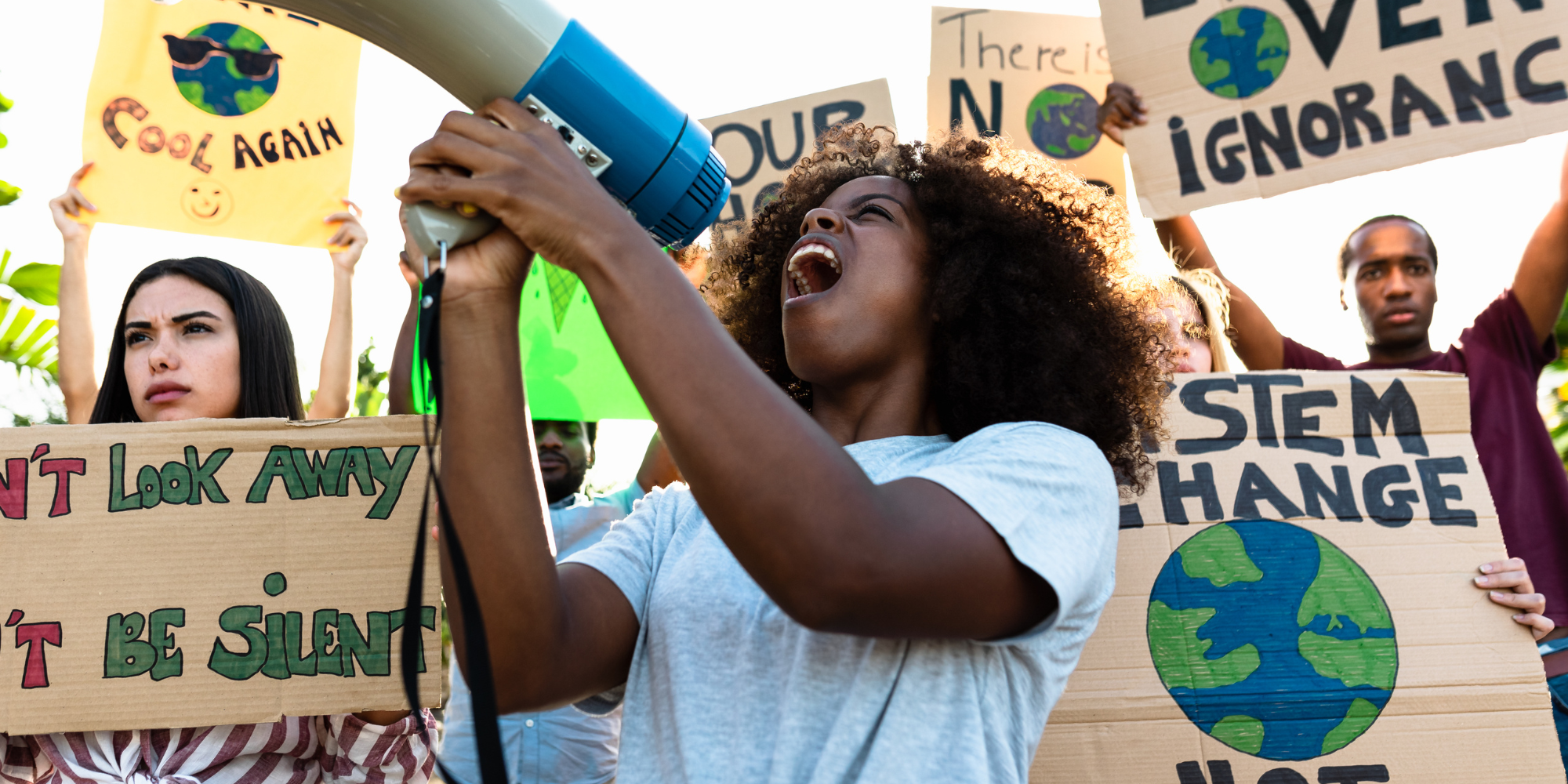
- April 20 2023
- Vanezia Hamilton
Understanding the climate change
Global warming, rising sea levels, melting ice caps – we’ve all heard about the devastating effects that climate change is having on our planet. But did you know that it’s also impacting our daily lives in ways you might not expect? From the food we eat to the air we breathe, climate change is touching every aspect of our existence.
What is climate change?
Climate change is the result of increasing levels of greenhouse gases in the atmosphere. Greenhouse gases are molecules that trap heat and cause Earth’s temperature to rise. The main sources of greenhouse gases are carbon dioxide, water vapor, and ozone.
As we continue to release these gases into the atmosphere, they will continue to warm the planet. This increased warmth will cause shifts in weather patterns, leading to more extreme events like floods, droughts, and hurricanes. In addition, climate change will impact human health by impacting food supplies and increases in disease outbreaks.
Causes of Climate Change
Climate change is caused by emissions of greenhouse gases from human activity. Greenhouse gases are molecules that trap heat within the Earth’s atmosphere. They come from burning fossil fuels such as coal, oil, and gas, and from farming and deforestation.
The main greenhouse gases are carbon dioxide (CO2), water vapor, nitrogen oxide (NOx), ozone (O3), and methane. The amount of each gas in the atmosphere changes when it is burned or released, creating a “greenhouse effect”. This causes the Earth’s temperature to rise because the trapped energy makes it harder for the sun to warm things up.
Impacts of Climate Change on Everyday Life
Climate change is real and it’s happening right now. It’s affecting everything from the food we eat to the way we commute to work. And, it’s not just about the weather. Climate change impacts our everyday lives in a variety of ways, from causing more illness and death, impacting mental health, and making it harder for people to access basic services.
Here are four ways climate change is impacting our daily lives:
- Weather extremes: Extreme weather events are becoming more common as the Earth warms. Warmer temperatures cause extreme weather events like heat waves and heavy rains. These events can disrupt both everyday life and economic activity.
- Health: Climate change is linked to increased rates of respiratory illness, heart disease, malaria, diarrheal diseases, obesity, and more. What used to be considered unusual now occurs with increasing frequency as the Earth warms.
- Infrastructure: The cost of repairing infrastructure that has been damaged by extreme weather events or impacted by climate change has become increasingly expensive and challenging as the Earth warms. This includes everything from bridges to roads to power grids.
- Security: As oceans warm and rise, they can carry more storm surges than they did before – flooding coastal communities beyond their normal limits in minutes or even hours. In addition, droughts caused by warmer waters can lead to conflict over water resources – exacerbating already tense situations around the world.
Solutions to Climate Change
Climate change is a reality and it’s affecting our daily lives. The problem is that we don’t know the full extent of what’s happening because scientists are still trying to piece together all the data. A lot of this information is either hidden or not readily available to the public.
That’s why it’s important for people to start doing their own research and uncovering the truth about climate change. This way, they can start making informed decisions about how to deal with it. Here are some solutions to climate change that you can start implementing right now:
- Cut down on your carbon footprint: This is one of the most effective ways you can reduce your impact on the environment. By reducing your carbon footprint, you’re helping to reduce greenhouse gas emissions. There are a number of ways to do this, including using less energy, choosing green transportation options, and reducing your consumption habits
- Support renewable energy: Renewable energy is an important solution to climate change because it doesn’t produce any greenhouse gas emissions. Instead, it relies on natural resources like wind and solar power. Supporting renewable energy sources helps reduce our dependence on fossil fuels, which is another key factor in mitigating climate change.

Leave Your Comment
Share your insights on climate change! We're eager to hear your thoughts, experiences, or solutions to this global issue. Please be sure to keep your comments respectful and on-topic. Your voice matters in our community's discussion.
We're looking forward to your contribution!